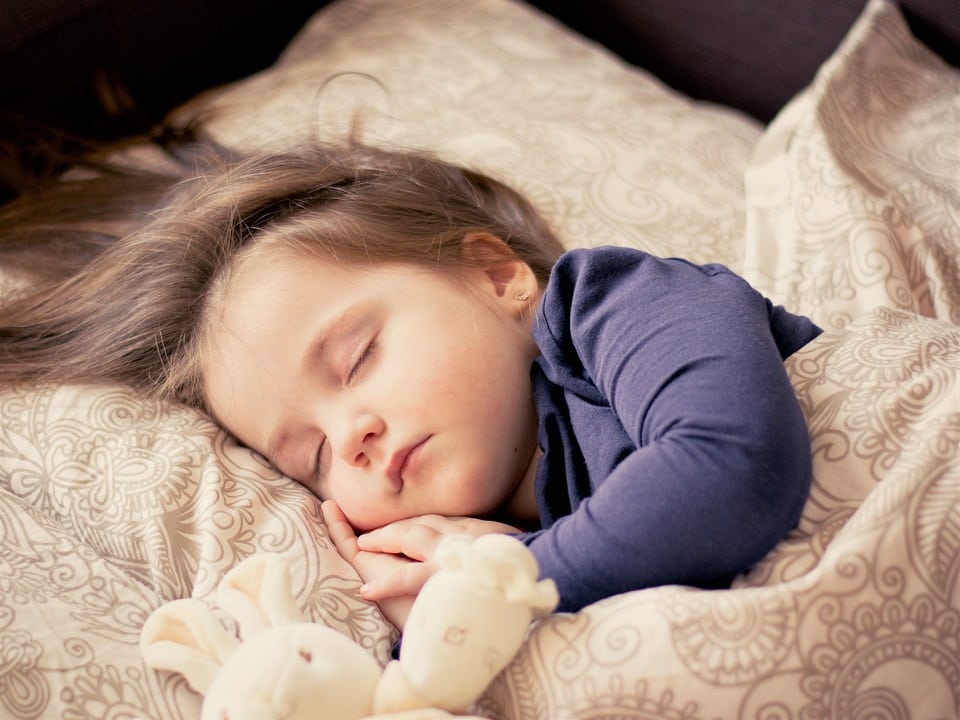 Daylight savings time hits us twice per year, to the detriment of our health. We spring forward or fall back and lose sleep. It is not an ideal situation for most of us. However, it may serve as an opportunity to reset your sleep schedule. Sleep is so important to our health, and yet most of us spend our days sleep-deprived. Protect your health by making an extra effort this week with sleep as the priority!
Daylight savings time hits us twice per year, to the detriment of our health. We spring forward or fall back and lose sleep. It is not an ideal situation for most of us. However, it may serve as an opportunity to reset your sleep schedule. Sleep is so important to our health, and yet most of us spend our days sleep-deprived. Protect your health by making an extra effort this week with sleep as the priority!
Circadian Rhythm
Circadian rhythms are cycles of action and inaction in an approximate 24-hour pattern that is regulated by our brains. Humans require a good balance of wake-to-sleep ratio to function in a healthy manner. Circadian rhythms have an effect on many of our body functions, including body temperature, sleep and wakefulness, and hormonal changes.
Health and Daylight Savings Time
Just one hour of difference can raise the risk of health issues, according to researchers. In fact, people typically have about 40 minutes less sleep the Monday after the spring time change.
Lack of sleep increases the chance of stroke in adults, with an 8% increase risk of ischemic stroke the first two days after the time change. Additionally, people with cancer were 25% more likely to have a stroke after daylight savings, and those over 65 were 20% more likely.
The following few days after setting the clocks ahead in March are associated with a 10% increase in heart attack risk. Though, setting the clock back an hour in the fall is associated with a 10% decrease in risk of a heart attack. Sleep deprivation is also associated with a lot of other health risks, like being obese, diabetes, and increase of inflammatory response. Additionally, people exercise less during daylight savings time.
Kids and Time Change
A 2009 study found that children, particularly adolescents, are sleepier for three weeks following a time change. This may have an impact on their studies. In fact, the researchers suggested that no tests should be given the week following a time change.
Daylight savings may be a good time to initiate a change in your little one’s sleep habits. If your infant is three months of age or older, you may be considering changing your infant’s sleep routine. At this time, parents may switch babies to sleeping in their own room, switching to sleeping in a crib, or night-weaning (or all three).
Sleep Tips for the Time Change
- Make sure your kids are getting a healthy amount of sleep.
- 11-12 hours for infants up to 18 months
- 10-12 hours for toddlers up to 3
- 10-11 for ages 3 to 4
- 9-10 hours for kids aged 5+
- Make plenty of extra time in your day to adjust (it may take about a week to adjust).
- Include an extra nap during the day.
- Make sure they get some exercise every day
- Spend some time outdoors
- Eat a healthy breakfast.
- Leave a couple of hours between eating and sleep
- Turn off all devices 30 minutes to 1 hour before bed
- Provide comfortable mattresses and bedding
- Keep the bedrooms dark and quiet.
- Start or maintain a bedtime ritual (stretch, read a book, take a bath, meditate, or whatever you like to do to get your kids ready for sleep).
- Go to bed and get up at the same time every day.
Check our Childhood Sleep blog for more information on how to make sure your kid is getting enough Zs. For questions or comments, respond to this blog or contact us!




